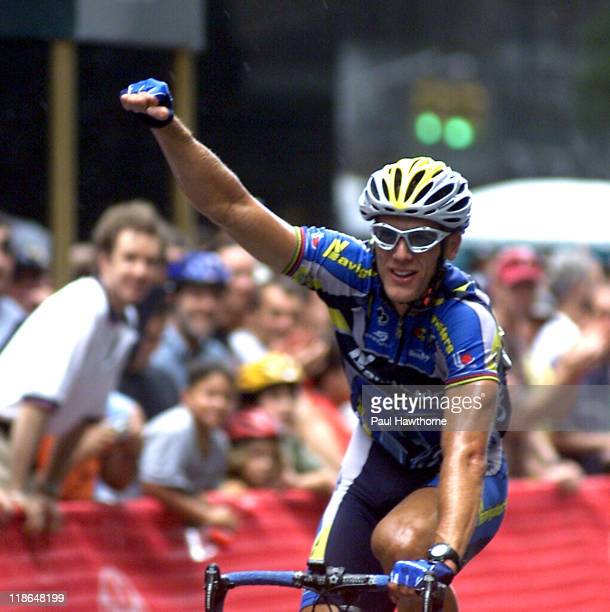Sustainable living is the buzzword of the moment and people are converting their homes to solar power, choosing greener cleaning products and eating less meat.
But this can be overwhelming if you don’t know where to start and in this guide, we’ll take you through some simple steps that will help you transition to more sustainable living without breaking the bank or turning your life upside down.
Reduce The Amount Of Meat And Dairy Produce
Reducing the amount of meat and dairy products you eat is a great way to reduce your carbon footprint and meat production has considerable environmental impacts.
Eating Less Processed Food
You can eat healthier and save money by eating less processed food because processed foods often contain sodium, sugar or preservatives that aren’t good for you. They may also be more expensive than fresh foods.
And while they might be convenient to buy, they’re usually less nutritious than fresh produce because they don’t contain as many vitamins and minerals.
Processed foods according to Marty Nothstein are harder for your body to digest than whole foods like fruits and vegetables and this can lead to digestive problems like bloating or constipation if you eat too much of them over time or even just once in a while.
Buying Food In Bulk
Buying food in bulk is a great way to save money, but it’s important to keep the following things in mind:
● Buy only what you need and don’t purchase more than what will fit in your storage containers or refrigerator/freezer
● Make sure the food is something that can be stored for long periods of time without spoiling things such as grains, beans and nuts
● Check expiration dates on all items before putting them away
Conclusion
Marty Nothstein As you can see, transitioning to a more sustainable lifestyle is easier than you might think and it doesn’t take much effort, and it will make a big difference in your life and the world around us.
By taking some simple steps like eating less meat, buying food in bulk and composting instead of throwing away trash, we can all make a difference.
Transitioning To Sustainable Living By Marty Nothstein
